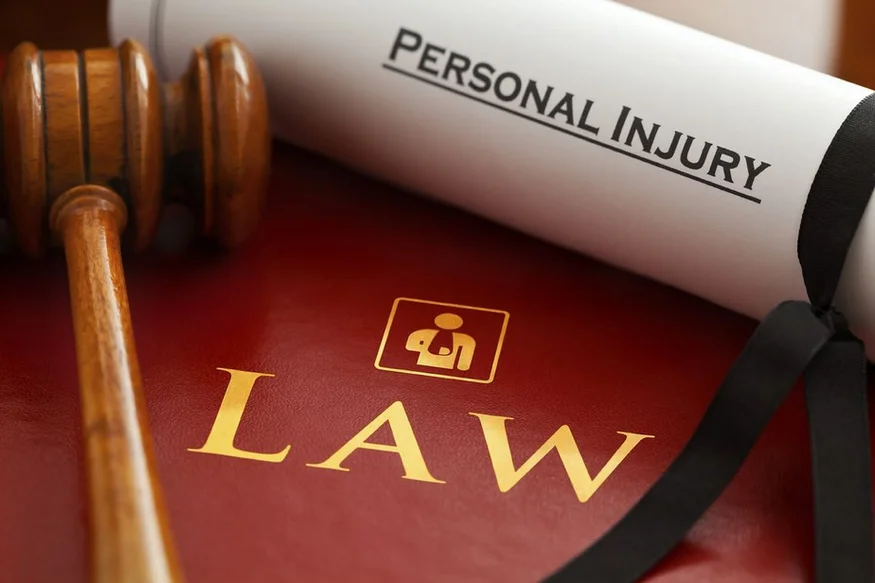Supporting Erin go Bragh GAA team

In our fast-paced modern world, it is more important than ever to support and cherish the traditions that bind our communities together. One such tradition that holds immense cultural significance in Ireland is its local GAA clubs. By actively supporting our local GAA club, we not only preserve our rich heritage but also contribute to the overall well-being and unity of our community. Mckenna & Co. Solicitors has the privilege of sponsoring a small GAA club in Dublin 15 called Erin go Bragh. They have teams from nursery level right up to adult, and cater for boys and girls. Jennifer Daly is the club registrar and executive committee member. The club is growing year on year and the girl’s section in particular is seeing a big increase in players. The team we are sponsoring are currently at u13 level.They started this team back in 2018 with only 7 girls and now have a squad of 38 girls and two full teams. This is the biggest group of juvenile girls an Erin go Bragh team has ever had at a single age level. Which is such a big achievement. All of the girls play both Ladies Gaelic Football and Camogie. Both teams were very successful in the league this year, with both finishing top of their respective tables.They are having a short break now for July and will get back training in August for the championship. The majority of the girls have just finished 6th class and are preparing to start secondary school in September. The next couple of years will be a tricky time to navigate and statistics show that many teenage girls drop out of sport. The team are so lucky are to have a great group of coaches, Anthony Watson, Jennifer Watson, Niall O’Hara, Paul Noonan and Sean Vickers. The coaches were also helped by this seasons two amazing captains Éabha Shiels and Molly O’Neill. We of course cannot forget about the supportive parents who are all committed to keeping every single girl playing. It is so important for their emotional, social and physical well being. Without even realising it, they are developing important life skills that they will use throughout their adult lives. They are a fantastic group of young ladies. Brave, strong, loyal, committed, always respectful and fair. They have always performed exceptionally well, both on and off the pitch, they are a credit to the club. They all look fantastic in their new gear. We are so happy that Mckenna & Co could help them finally look the part too. They have their matching training tops, which they wear during the week for training and around the community with pride. Games are played Sundays, and McKenna & Co. Solicitors will be prominently displayed across the front of their jerseys every week as they travel all over Dublin, proudly representing their club, community, and their families. We are so grateful to be able to support such a wonderful club and hope to be able to come and watch one of the games later on in the year. Supporting our local GAA club is an act that goes beyond attending matches or making financial contributions. It is an investment in our community, our culture, and our future. By embracing Irish traditions, fostering community spirit, nurturing youth development, promoting active lifestyles, and boosting the local economy, we create a thriving and unified environment for all. Let us wholeheartedly support our local GAA club and take pride in the deep-rooted traditions that bind us together as a community.
Christmas Shoebox Appeal 2022

This Christmas we are again taking part in the shoebox appeal. Every year we send a shoebox full to the brim of treats to a group of children in India. Our ethos at McKenna and Co is to always give back wherever we can and this is the perfect way to do just that. Christmas time can be an especially difficult time for a lot of families in poorer parts of the world, even this small gesture of a box full of treats can make a huge difference to their Christmas experience. So, where do we send them? We send our shoeboxes to the Bulbulir Basa orphanage in Calcutta, which Lisa visited in 2017. While there, she taught and lived alongside 10 boys between the ages of 8 and 14. The Bulbulir Basa Orphanage is one of the smaller ones in Calcutta and so is often one which is overlooked. By focusing on this smaller orphanage, it allows us to make our shoeboxes more personable as we get to know more about the child we are gifting to and we are also sent a lovely picture of them all with their presents which is always an emotional one to receive. It is while doing these shoeboxes, you really think about how someone else’s Christmas experience is so different to you own, and gives an opportunity to reflect on what is really important.
Should I make a claim?

Some things to consider before pursuing legal action Something’s happened, maybe you’ve slipped and fallen in a public place, had a coffee spilt on you on an airplane, or had a contract fall through? Whatever it is, you’re considering bringing a legal claim against the person/company/public authority, but aren’t sure. Firstly, we hope you’re doing ok. No matter how bad the injury/breach is, sometimes it’s the mental impact that lasts the longest. Be sure to take care of yourself in what can be a stressful or challenging time. Some things to consider: 1. Time Depending on the case, the time length varies. However, if you do decide to pursue legal action be aware that there’s a good chance that it will go on for much longer than you initially may have thought. 2. Cost Many solicitors offer no-win no-fee cases for litigation. This means that they won’t charge a professional fee unless you win but this does mean that if you lose, you will have to pay for outlay (costs), which the solicitor may have initially paid for, such as medical reports. *In contentious business a solicitor may not calculate fees or other charges as a percentage or proportion of any award or settlement*, which is beneficial to litigants. It means that say you won €15,000 in a final settlement, the solicitor wouldn’t be able to charge 1%, for example. Weigh up the risks of winning and losing, would they justify the costs that youwill inevitably accrue? 3. Justice For some clients, they are determined to see their claim through to the end to ensure that it won’t happen to others or to raise awareness. This can be a very compelling factor for people on deciding to pursue legal action. For example, a litigant in a road traffic accident may want to pursue the local authority to ensure road signs get put up so that people will slow down and there will, hopefully, not be another road traffic accident. 4. The Process It is important to remember that the vast majority of claims brought by individuals in Ireland are settled out of court. Of course, there is always a risk attached to claims but court is not an inevitable conclusion, so there’s no need to fear it. We hope this offered some guidance on whether or not you’re going to pursue your claim, but if you have any further questions or queries, please don’t hesitate to contact us on 01 485 4563. *In contentious business a solicitor may not calculate fees or other charges as a percentage or proportion of any award or settlement.*
Coronavirus and your premises – landlord and tenant obligations

How have the rights changed during the crisis? Landlords and tenants should consider whether their usual obligations to each other under their lease are affected by the coronavirus – and, where their leases don’t cover the relevant issues, or are ambiguous, may need to sit down and agree who is to do what and who pays. Tenants As a tenant, a wise step is to carry out a risk assessment at work, and consider what measures you may need to take in relation to your premises to show you are properly safeguarding your employees’ (and visitors’) health and safety. For example, you may feel that you want extra cleaning carried out – particularly, in areas like toilets and kitchens – to reduce the risk of coronavirus spreading because of contaminated surfaces or equipment. After all, if you’re asking your employees to take extra steps, such as washing their hands regularly and properly, you need to show you’re playing your part too. If your lease says your landlord has to provide cleaning services for common parts, are they obliged to organise this extra cleaning too – or maybe it’s at their discretion? If they are obliged to provide it, or are prepared to do it voluntarily, what will that mean for your service charges? Can they add costs to your next service charge bill – and how much can they add, given that they can only recover costs which are reasonably and properly incurred. The answers to these questions will depend on the precise words used in the clause in your lease about service charges. If they’re not clear, you may need to negotiate. But what if the landlord won’t engage with you? You may need advice on whether you can arrange extra cleaning yourself, and send the landlord the bill. Also, check your lease to see who is responsible for disposing of waste, which is likely to become a more onerous and costly liability if there is coronavirus in your work place. For example, tissues and other materials that may have been used by an affected person may need to be disposed of separately and in a different way from your usual waste. This may not be a straightforward question to answer as your lease may have been drafted on the assumption that all your waste will be non-hazardous. If coronavirus means you have to send your workers home, leaving your premises empty, check your lease to see what it says about keeping the premises secure. At the very least, you’ll probably need to let your landlord know, and your insurers. If you are a tenant carrying out works at your premises, and the landlord’s consent was required, check whether the landlord imposed any time limits for completion of the works. If so, can you still comply with them – for example, is your contractor able to muster enough labourers to get the work done in time? Are the materials they need still available from their suppliers? You may need to explain the situation to your landlord and ask for an extension. These are just examples of issues that can arise for commercial tenants and theirlandlords – whether your lease provides the answers, or you have to negotiate special terms to cover the special circumstances, professional advice and support can be invaluable. In contentious business, a solicitor may not calculate fees or other charges as a percentage or proportion of any award or settlement.
